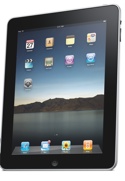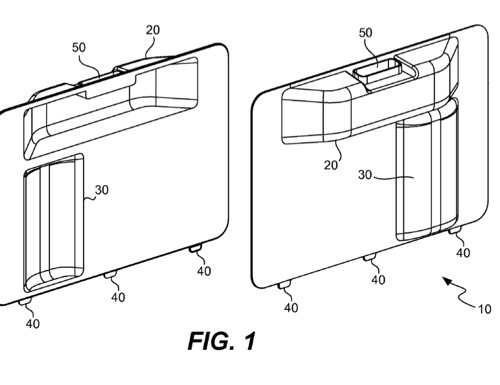Worldwide computer shipments are projected to total 366.1 million units in 2010, a 19.7% increase from 305.8 million units shipped in 2009, according to the latest preliminary forecast by Gartner (http://www.gartner.com). And the iPad will figure heavily into the equation.
According to the research group, worldwide computer spending is forecast to reach $245 billion in 2010, up 12.2 percent from 2009. This forecast is more optimistic than Gartner’s December 2009 forecast, which anticipated 13.3% growth in computer shipments in 2010 and 1.9% growth in spending.
Gartner anticipates all regional markets will return to growth and exhibit more normal seasonality in 2010. The market will remain robust with unit growth continuing to increase strongly over the next few years as home computer demand accelerates and professional replacements rise in the recovery from the global recession.
“The personal computer industry will be overwhelmingly driven by mobile computers, thanks to strong home growth in both emerging and mature markets,” says George Shiffler, research director at Gartner. “Mini-notebooks are again forecast to boost mobile computer growth in 2010, but their contribution is expected to decline noticeably afterward, as they face growing competition from new ultra-low-voltage (ULV) ultraportables and next-generation tablets. Desk-based computer shipment growth will be minimal and limited to emerging markets.”
“We expect mobile computers to drive 90% computer growth over the next three years,” he adds. “In 2009, mobile computers accounted for 55% of all computer shipments; by 2012, we expect mobile computers to account for nearly 70% of shipments.”
Apple’s announcement of the iPad has created much discussion in the marketplace regarding market opportunities for traditional tablet computers and next-generation tablet devices, such as the iPad. Gartner’s initial thinking is that vendors could ship up to 10.5 million traditional tablets and next-generation tablet devices worldwide in 2010.
“User requirements are clearly segmenting, and the mini-notebook proved this point,” says Ranjit Atwal, principal analyst at Gartner. “Vendors can no longer afford to just think in terms of traditional computer form factors or architectures. With the rise of web-delivered applications, many users no longer need a traditional computer running a resident general-purpose operating system and fast x86 CPU to satisfy their computing needs. Apple’s iPad is just one of many new devices coming to market that will change the entire computer ecosystem and overlap it with the mobile phone industry. This will create significantly more opportunities for computer vendors as well as significantly more threats.”
When the iPad was unveiled by Apple in January, the company said the device would be available in late March worldwide for a suggested retail price of US$499 for the 16GB model, $599 for the 32GB model, $699 for the 64GB model. The Wi-Fi + 3G models of iPad would be available in April in the US and selected countries for a suggested retail price of $629 for the 16GB model, $729 for the 32GB model and $829 for the 64GB model, Apple said.




